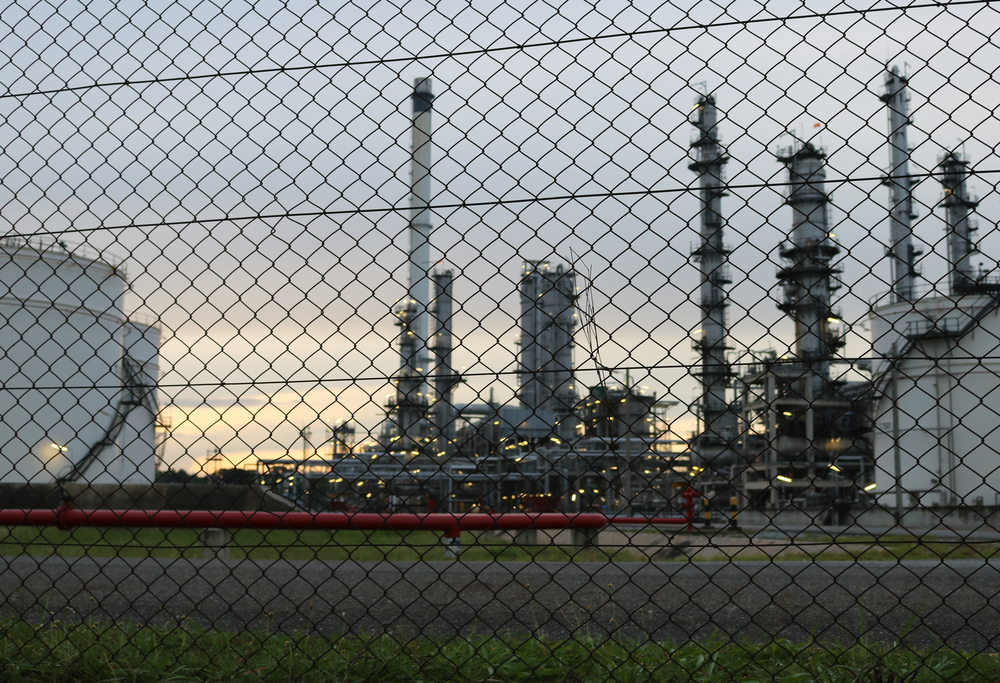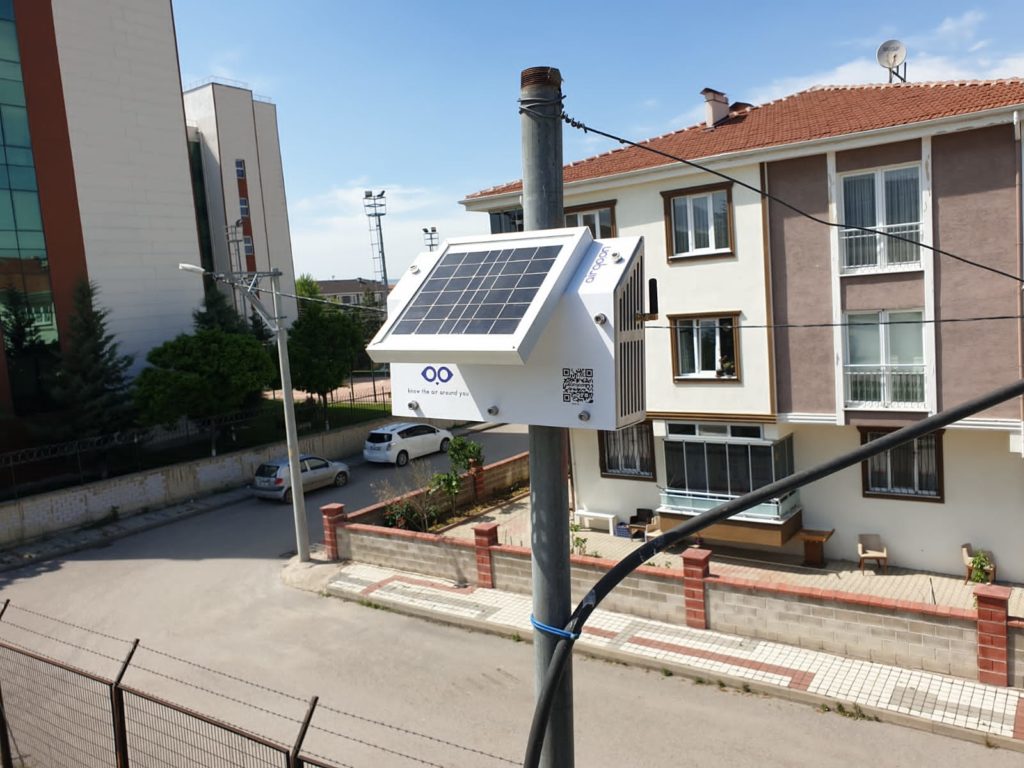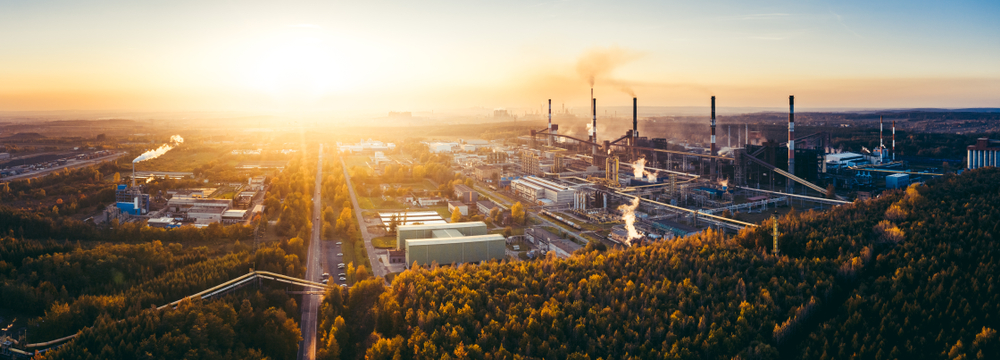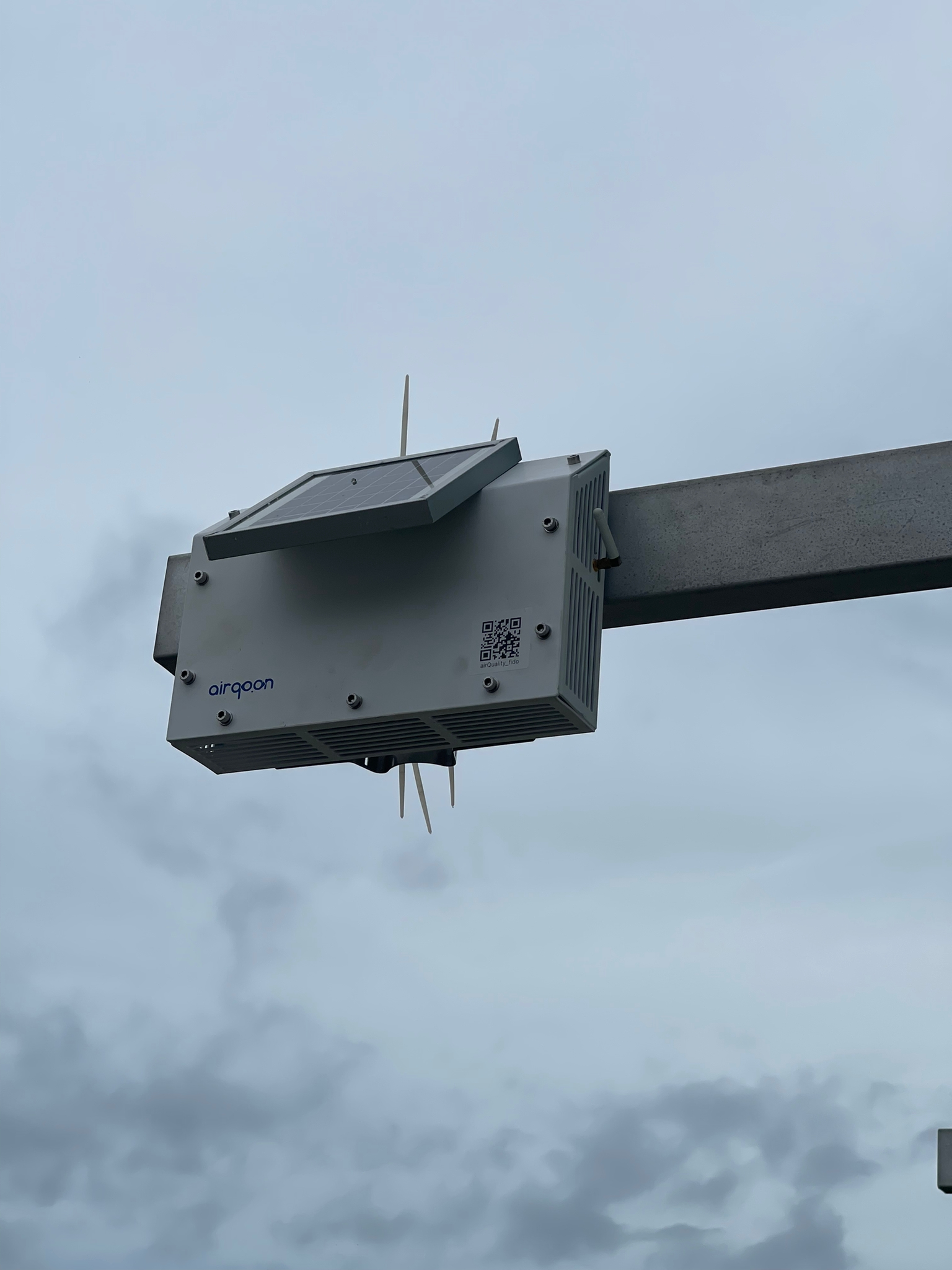
Cities have become the epicenter of human progress. However, this progress has also brought along some drawbacks. One of the most prominent issues is air pollution. Today, millions of people worldwide are facing serious health problems due to air pollution. This invisible enemy threatening the quality of life in cities arises from various sources such as residential heating, vehicle emissions, and industrial activities.
Air pollution is not only a threat to human health but also a significant danger to the environment. It destroys vegetation, contaminates water sources, and disrupts ecosystems. Additionally, substances resulting from air pollution, such as greenhouse gases, contribute to climate change, increasing the frequency and severity of natural disasters.
Cities require national and international cooperation and political will to achieve zero pollution goals. With the use of innovative technologies and policies, cities can provide a clean and healthy living environment.
Challenges in cities linked to air quality management
- To address climate change and air pollution separately — Although greenhouse gases and air pollutants often share familiar emission sources, separate solutions are developed for these problems
- The adverse effects of air pollution on human and environmental health — Air pollution levels in cities are a significant threat to people’s health and well-being and cause millions of deaths and environmental pollution each year
- Insufficient environmental monitoring network — Failure to perform measurements at sufficient points to understand the temporal and spatial distribution of air pollutants
- Lack of emission inventory of cities — Not knowing the types and amounts of various contaminants in the city to identify strategies that can reduce pollution
- High cost of air quality measurement tools —Air quality measuring stations certified by the EU (and similar organizations) are costly to purchase and operate. In addition, these stations are not smart enough to broadcast the measurement to the Cloud in real-time, and they need other pieces of equipment to do this job, resulting in increased operating cost
- Inability to interpret the measurement results —Experiencing difficulties in interpreting the modeling of the evaluation results of air quality monitoring data
Solution: Airqoon
Airqoon is a low-cost, easy-to-use, hyper-local air pollution management solution that provides real-time, data-driven, actionable environmental intelligence to cities and municipalities.
Airqoon guides municipalities in setting their vision, goals, strategies, actions, and targets to address climate change, air pollution, and public health issues.
- Evaluating continuous measurement results from the air quality sensors enables proper air quality management to manage both problems more efficiently.
- Analyzing real-time and historical measurement data, Airqoon prepares monthly and annual air quality performance reports for cities.
- The compact size and cloud-based Airqoon sensor can measure at many points and publish measurements in real time.
- The Airqoon sensor unit can measure different pollutants and thus helps cities to create a comprehensive air pollutant emission inventory.
- The cloud-based Airqoon sensor units are energy self-sufficient and are managed remotely with minimum intervention for maintenance.















